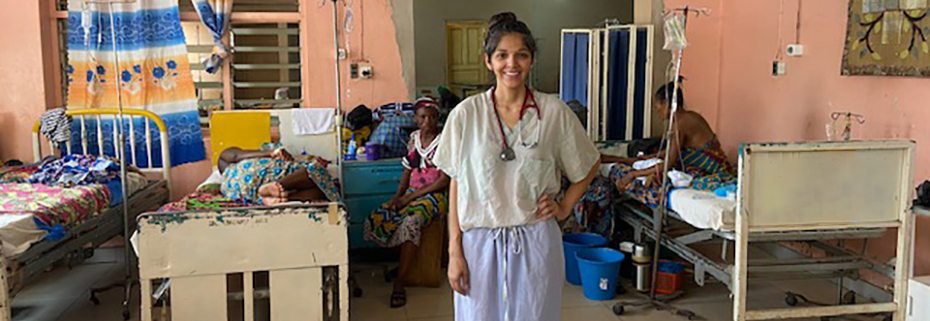Participating in the Global Health Track will provide you with the training to deliver comprehensive, cost-effective, and sustainable medical care in underserved areas domestically and abroad. We believe that all people have a right to equitable, culturally sensitive healthcare, and we will continue to advocate for the social justice of our patients worldwide.
Program overview:
Predominantly completed during the 2nd and 3rd years of residency, the track offers opportunities to develop expertise in the diagnosis and treatment of common tropical conditions and diseases, and to expand clinical knowledge and management skills in preparation for work in areas of limited resources.
We hope that by participating in this program you will be poised to:
- Become a clinical leader in global health dedicated to reducing health disparities in medically underserved communities both in the U.S. and internationally
- Appreciate and experience different cultures and increase cultural awareness
- Apply your experience in different health care systems improving health in all areas of your practice
- Create more awareness about public health in the U.S. and abroad
75% of our global health track graduates continue to serve globally post-residency.
Curriculum
- Monthly global health meetings organized by 2nd and 3rd year residents in the global health track (Meetings are open to all interested residents.)
- Journal clubs
- Resident presentations on their rotations
- Global Health case simulations
- Global Health book club
- Documentaries
- Current event discussions
- Use one of your electives to take the University of Arizona Global Health Course in second year.
- Attended by residents, physicians, nurses, public health students, and medical students from North America
- Subjects covered include: public health, tropical disease, parasitology, HIV, TB, chronic diseases in international setting, women’s’ health, child health, epidemiology, and numerous other relevant topics.
- Quarterly Teaching Day Lecture Series organized by residents and their global health mentors. These include both resident-led didactic sessions and guest lecturers on topics dedicated to international health.
- Multiple opportunities to participate in trips to the U.S.-Mexico border through organizations such as Borderlinks, Flying Samaritans, Manos de Ayudas, and others.
- Opportunities to work with asylum seekers at Casa Alitas and Kino Border Initiativ
- Sponsored attendance at a global health conference (during 3rd year)
- Online global health ethics course http://ethicsandglobalhealth.org/
- A minimum of 4 and a maximum of 8 weeks of international clinical experience in PGY-3 year
- Residents are strongly encouraged to use sites well-known to our university’s global health leaders.
- Faculty will help establish contacts and develop the plan and goals for the rotation.
- QI/Research Project on an approved global health topic
- Required to present at the Global Health Research day
- Encouraged to present at a conference
- Mentoring residents and medical students interested in global health
Where in the world are our current partnerships?
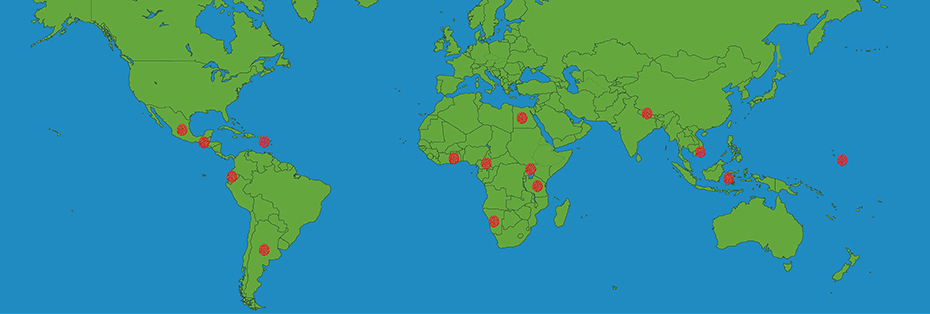
- Ecuador
- Nepal
- Northern India
- Argentina
- Zambia
- Vietnam
- Caribbean Islands
- Dominican Republic
- Cambodia
- Rural Canada
- Tanzania
- Ghana
- Marshall Islands
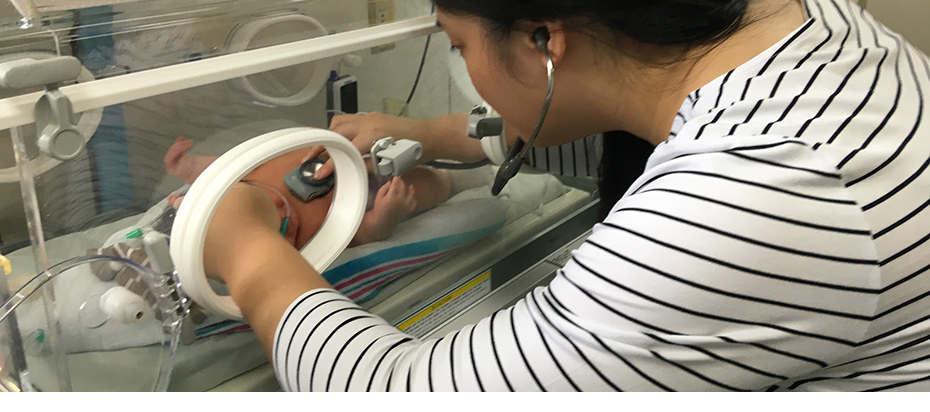
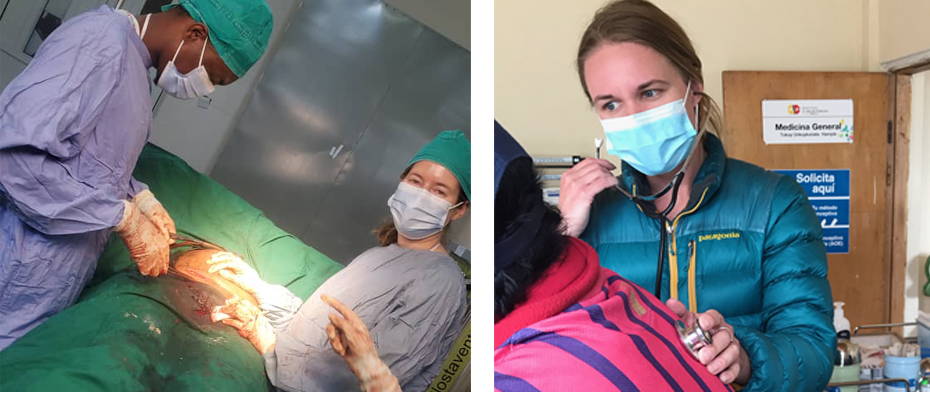



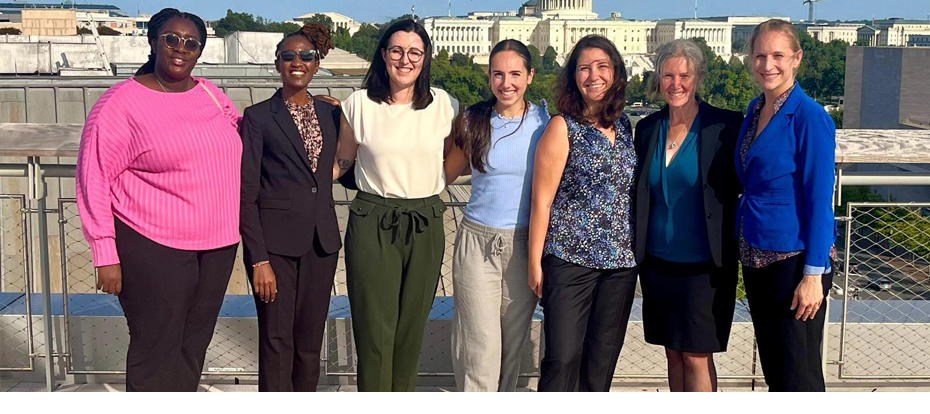
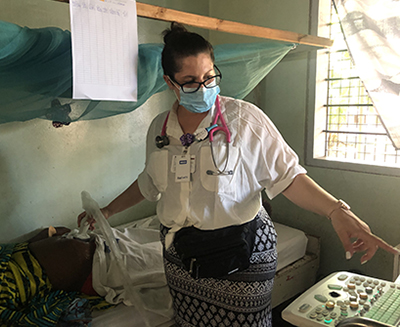
Photos from top to bottom, left to right:
Photo 1: Ana Gonzales in Ghana in the maternity ward
Photo 2: Emma Morrow Goodstein
Photo 3: Incubator
Photo 4: Hannah Emerson assisting with a C-section in Tanzania
Photo 5: Kela GH is Kela Bergren examining a patient in rural Ecuador
Photo 6: Georgiana is Georgiana Yang leading a mothers education class in Ghana
Photo 7: Maria Ruiz examining a baby in Tanzania
Photo 8: Nasrin GH is Nasrin Akter listen for fetal heart tones using a fetoscope in the Rohingya Refugee Camp in Bangladesh
Photo 9: Several of our residents taking covid vaccines and antiparasitics to people in rural Ecuador who cannot access them otherwise
Photo 10: Jaylee Caruso in DC advocating for global health education in residency programs through The National Residency Training advocacy coalition.
Photo 11: Sommer Aldulaimi




